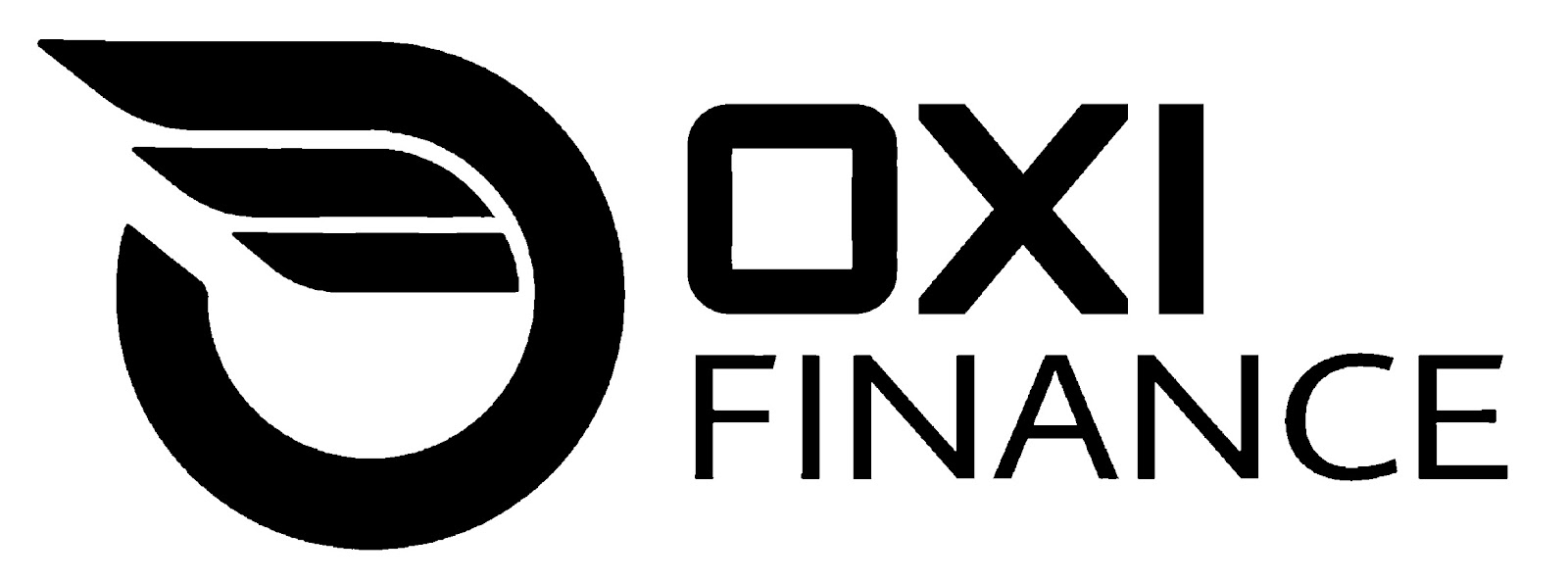U.S. Senators Thom Tillis and John Hickenlooper have reintroduced the Proving Reserves of Others Funds (PROOF) Act, a bill aimed at strengthening regulatory standards for digital asset custodians. The legislation directly addresses key issues exposed during the FTX collapse, particularly the dangerous co-mingling of customer funds with corporate capital and the misappropriation of user deposits. FTX’s downfall, which resulted in over $8 billion in customer losses, serves as the case study behind the bill’s urgency.
The PROOF Act introduces two major safeguards. First, it explicitly prohibits crypto platforms from blending customer assets with proprietary or institutional funds. Second, it mandates monthly third-party Proof of Reserves (PoR) audits. These audits must be conducted by independent entities—ideally certified accounting firms—and the results submitted to the U.S. Department of the Treasury, which would then publicly disclose the findings. Non-compliance would trigger escalating civil penalties.
PoR is defined within the bill as a cryptographic technique, such as Merkle tree attestations or zero-knowledge proofs, that verifies a platform’s reserve holdings without compromising privacy or revealing sensitive internal data. This approach balances transparency with security, reinforcing public trust in custodial institutions.
While many exchanges have implemented voluntary reserve attestations following the FTX scandal, the PROOF Act seeks to enforce consistent, verifiable standards across the industry. It aims to transition PoR from an optional best practice to a federal requirement, thereby instilling greater accountability. Chainlink praised the bill’s reintroduction as a significant move toward institutionalizing PoR frameworks for the digital asset ecosystem.

















0 Comments